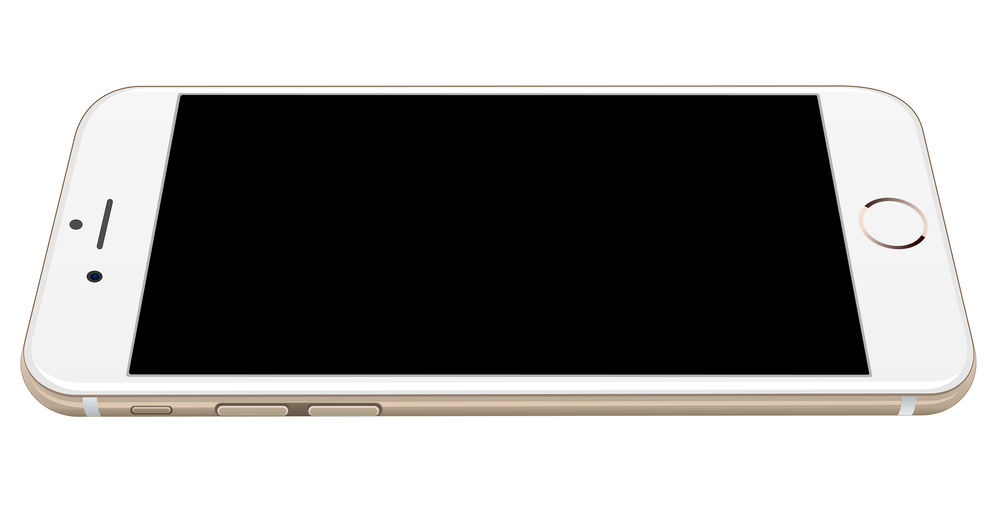Has the iPhone’s New Facial Recognition Feature Destroyed What Little Privacy We Have Left?
Year by year, we have all gotten used to ceding more of our privacy away. We know that Facebook collects every bit of data that we publish on its site to help its business clients better target us for ads. We know that Google reads all of our searches on its platform along with our emails if we use gmail. Every time we download an app, we agree to a long list of permissions, often giving away access to our contact list, our pictures, and even our camera and microphone. With the launch of the iPhone X and its revolutionary facial recognition software, are we about to give up the last bit of our privacy we still have?
How the iPhone X Works
Phone manufacturers have long struggled with how to protect the privacy and security of their products. The iPhone X takes security to the next level with its TruDepth camera, which uses 30,000 sensors to scan and create a 3D model of a user’s face in order to unlock their phone. This definitely increases the security of the iPhone, but it has also led to significant privacy concerns.
When Apps Know Your Face
Apple’s new rules allow apps to access its TruDepth camera, which means that the new coffee rating app you just downloaded could be storing thousands of images of your face. Weird, right? But is it sinister?
Currently, the answer is probably no, but it doesn’t take much imagination to consider where this technology can go. What if an app can follow you by recognizing your face on security cameras when you enter a business? What if they sell that information to other companies or even the government? For example, a pharmaceutical company could notice micro-expressions that suggest you are unhappy and target you for anti-depression pills.
The possibilities are truly frightening. Ironically, the same software that helps keep your phone safe, can actually give businesses and the government new ways to track and profile you! Check out this fascinating article on The Blaze that dives further into the topic.
Technology is constantly changing and advancing, and so are the printed circuit boards that help power them. For more information on printed circuit boards, contact Yun Industrial PCB Assembly.

